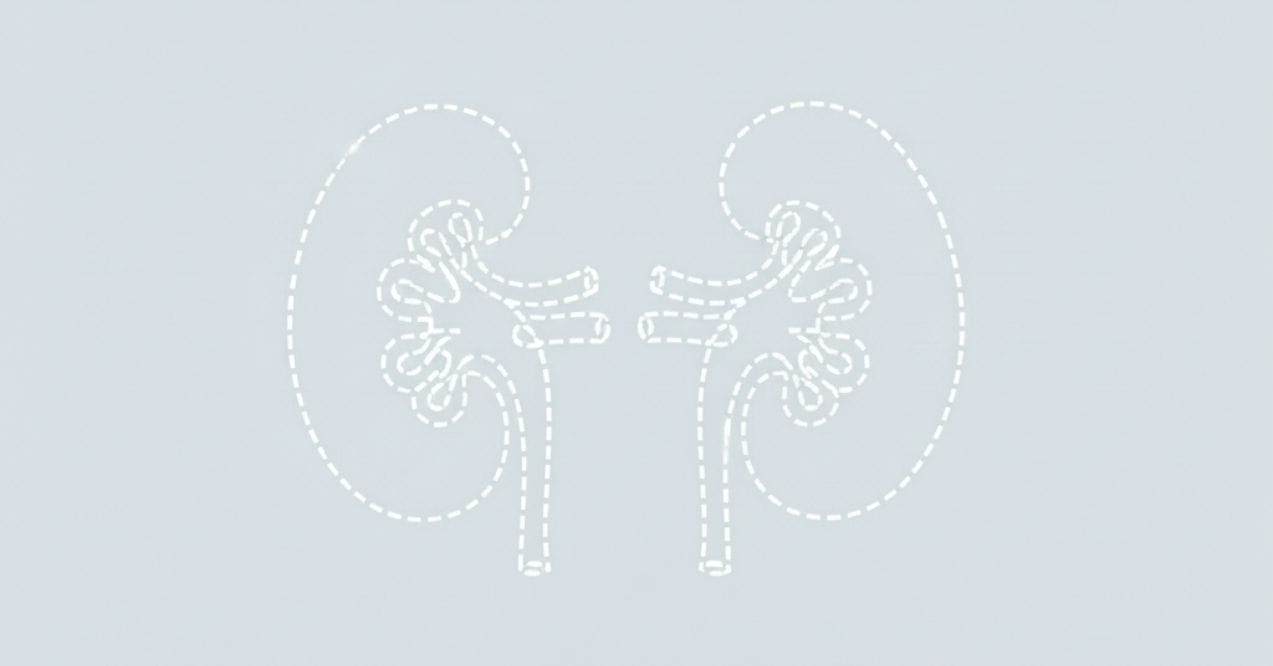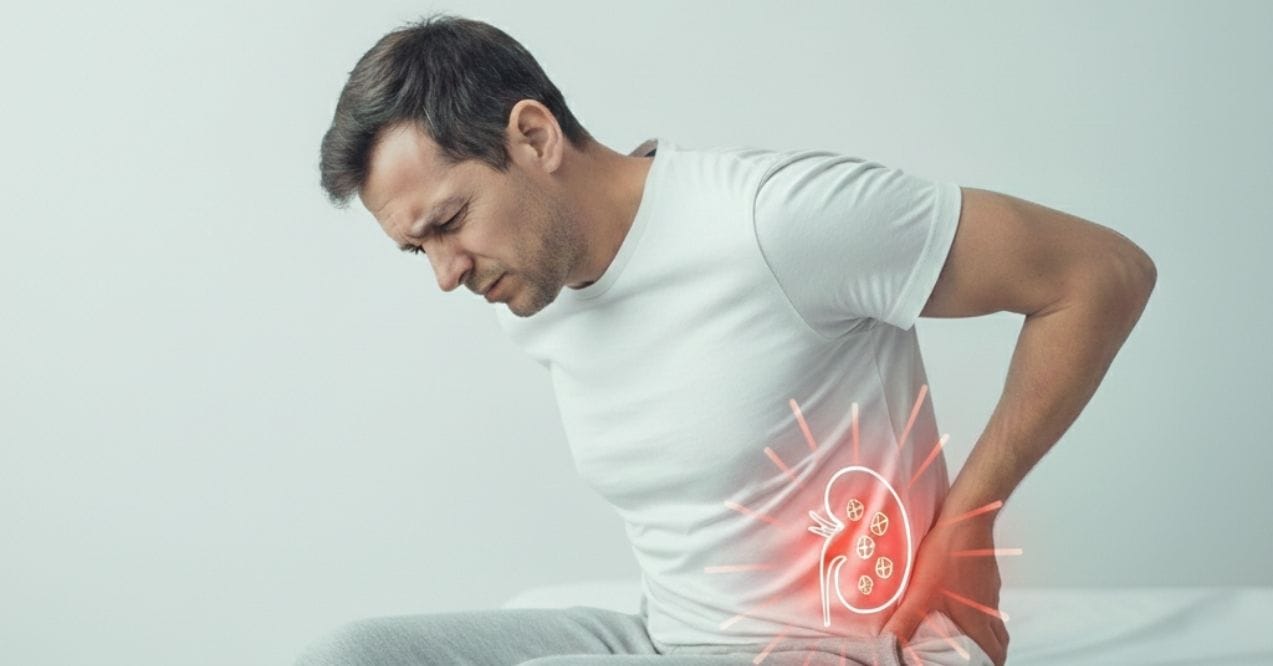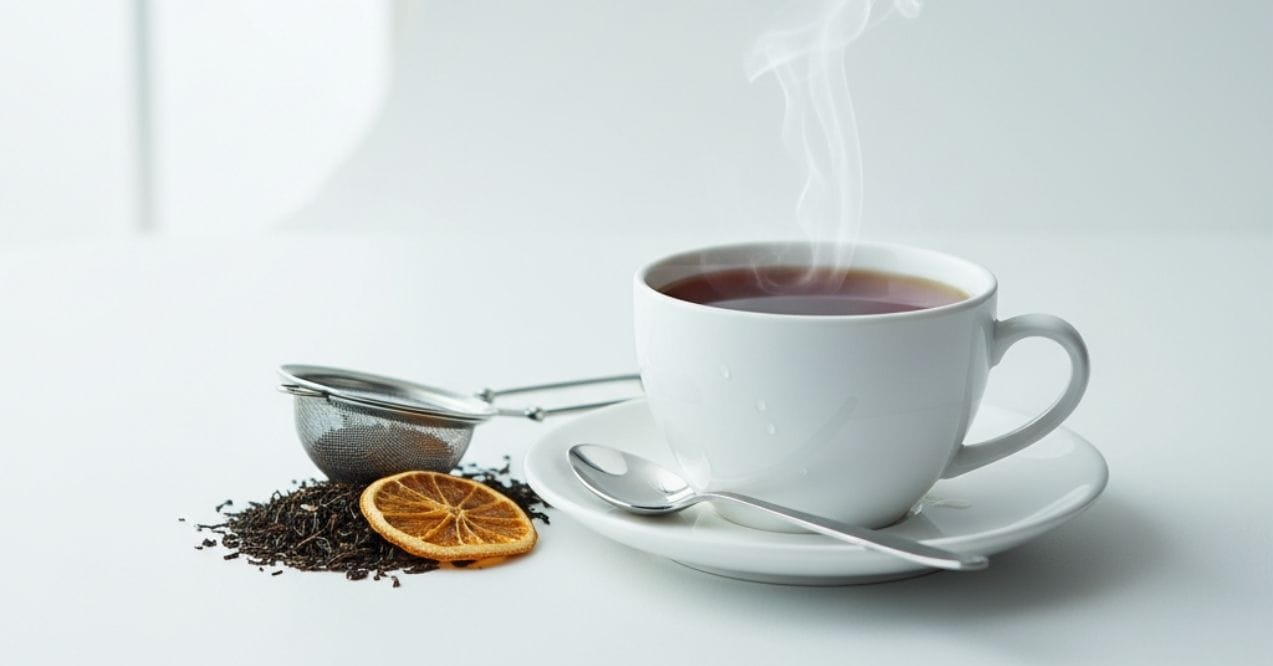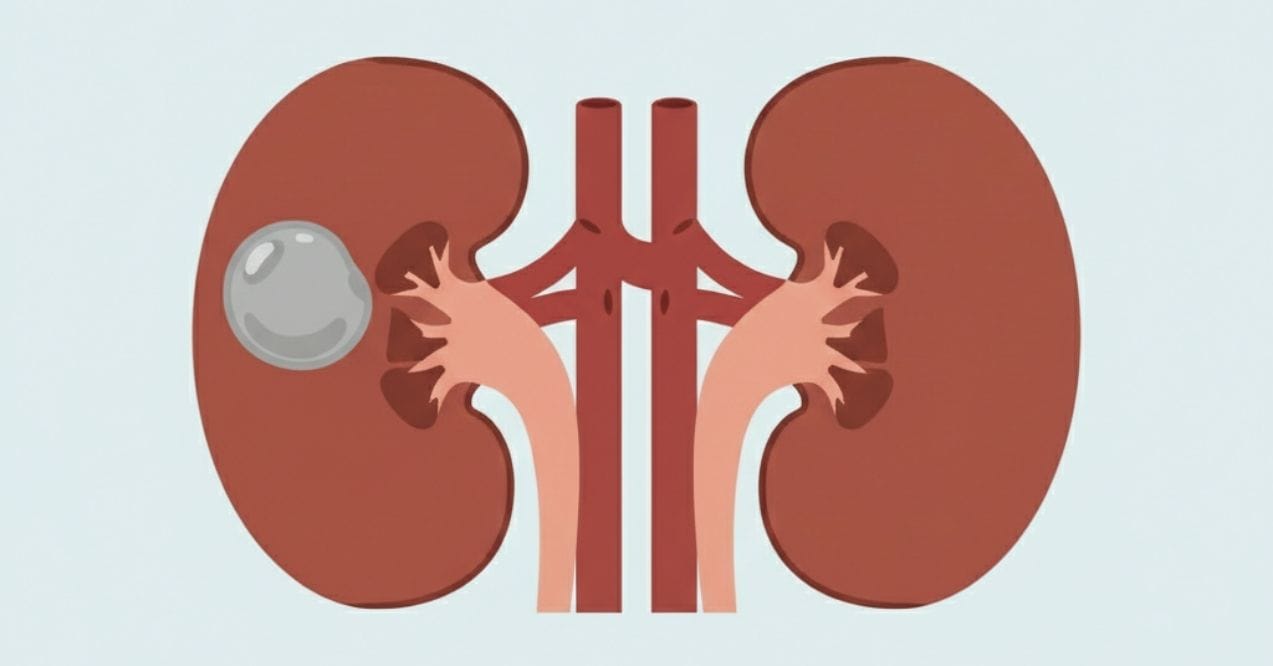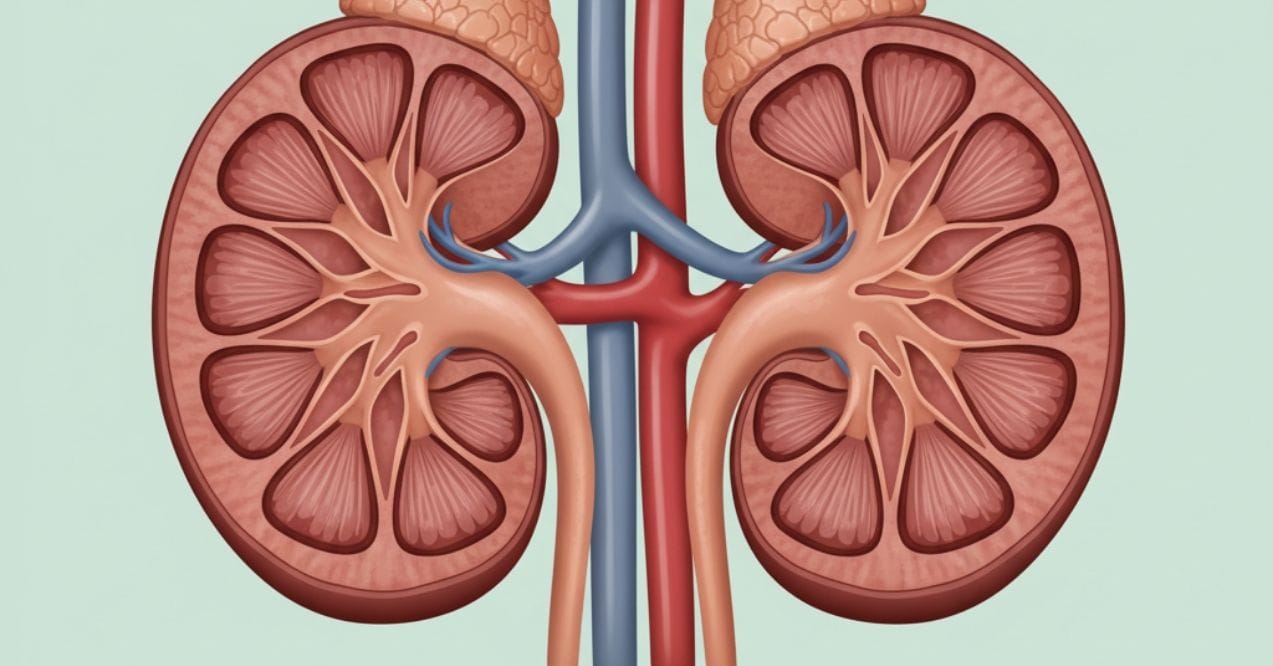3 Worst Alcoholic Drinks for Kidney Stones
Help your kidneys today! Discover which drinks to avoid with our guide on the worst alcohol for kidney stones.
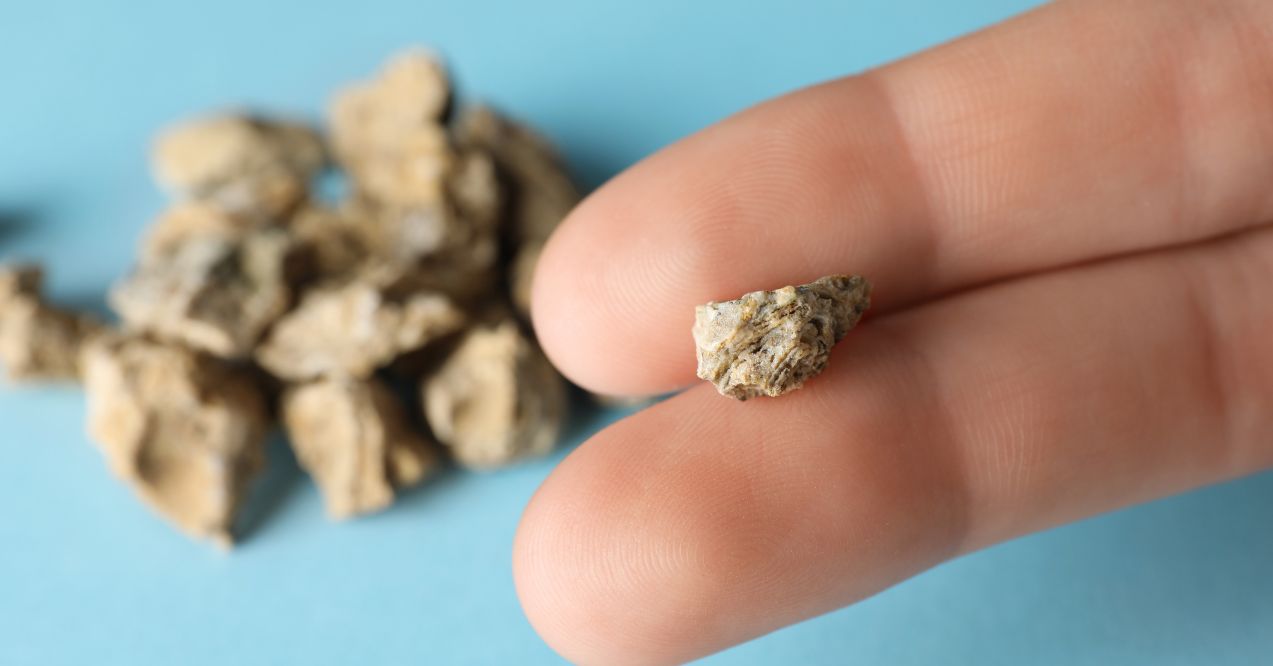

Have you considered that your choice of drink at happy hour could be a ticking time bomb for kidney stones? The worst alcohol for kidney stones may significantly impact your kidney health, especially if you’re susceptible to this painful condition. Kidney stones are hard mineral deposits that form inside the kidneys. They can cause severe pain and discomfort, and managing your diet plays a crucial role in preventing their formation.
Alcohol consumption is one factor that might influence the development of kidney stones due to its effects on the body’s fluid balance and metabolism. In this article, we’ll explore the three types of alcoholic beverages that you should avoid to maintain optimal kidney health and help avoid the formation of kidney stones.
Does Alcohol Cause Kidney Stones?
Could your favorite drinks be secretly paving the way for kidney stones? Kidney stones are solid masses made of crystals, primarily composed of:
- Calcium oxalate
- Uric acid
- Struvite
These formations typically occur when certain substances in urine concentrate and coalesce into hard deposits. Common causes include:
- Dehydration
- Certain dietary choices like high sodium intake, high oxalate foods and high protein diets.
- Genetic predisposition
Research exploring the link between alcohol and kidney stones reveals that while alcohol itself does not directly cause kidney stones, the dehydration associated with heavy drinking may certainly contribute to their formation. Alcohol acts as a diuretic, increasing urine production and reducing the body’s ability to retain water. This leads to urine becoming more concentrated with the minerals that form stones.
In particular, when considering drinking beer with kidney stones, it’s important to note the volume and frequency of beer consumption. Moderate alcohol consumption might not significantly increase the risk of developing kidney stones, however, the balance and effects of alcohol on your hydration status is crucial in managing kidney stone formation.
What Are the First Signs of Kidney Damage From Alcohol?
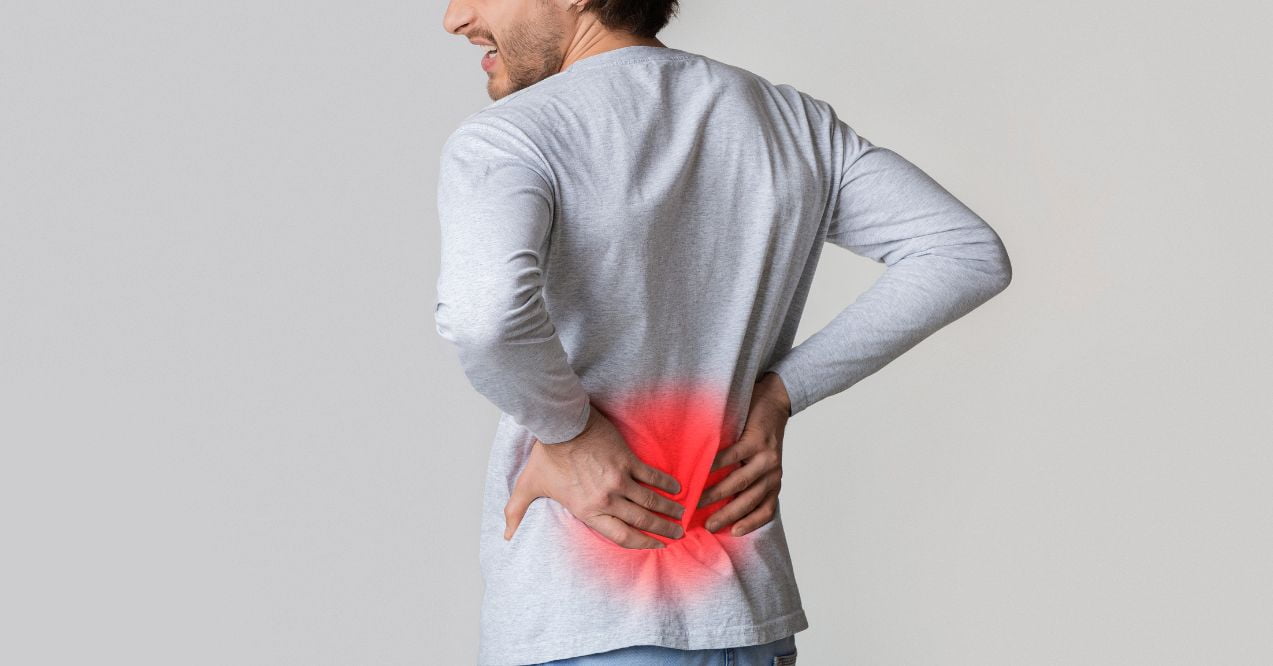
- Changes in urine output – You might notice you’re urinating more or less than usual. Excessive alcohol consumption may lead to increased urine production initially, followed by decreased output as damage progresses.
- Changes in urine color and odor – Alcohol may lead to darker urine that has a strong odor, signs of dehydration and possible kidney issues.
- Pain in the back or sides – This may be a direct indicator of kidney problems, often described as a sharp pain below the ribs where the kidneys are located.
- Swelling in the legs, ankles, or feet – Kidney damage may cause fluid retention, leading to noticeable swelling in the lower extremities.
- Increased fatigue or weakness – When the kidneys are impaired, there’s a buildup of toxins and impurities in the blood, which may cause feelings of fatigue or general weakness.
Read more about other possible negative effects of excessive alcohol consumption in our latest PureHealth Research article.
Worst Alcoholic Drinks for Kidney Stones
1. Beer
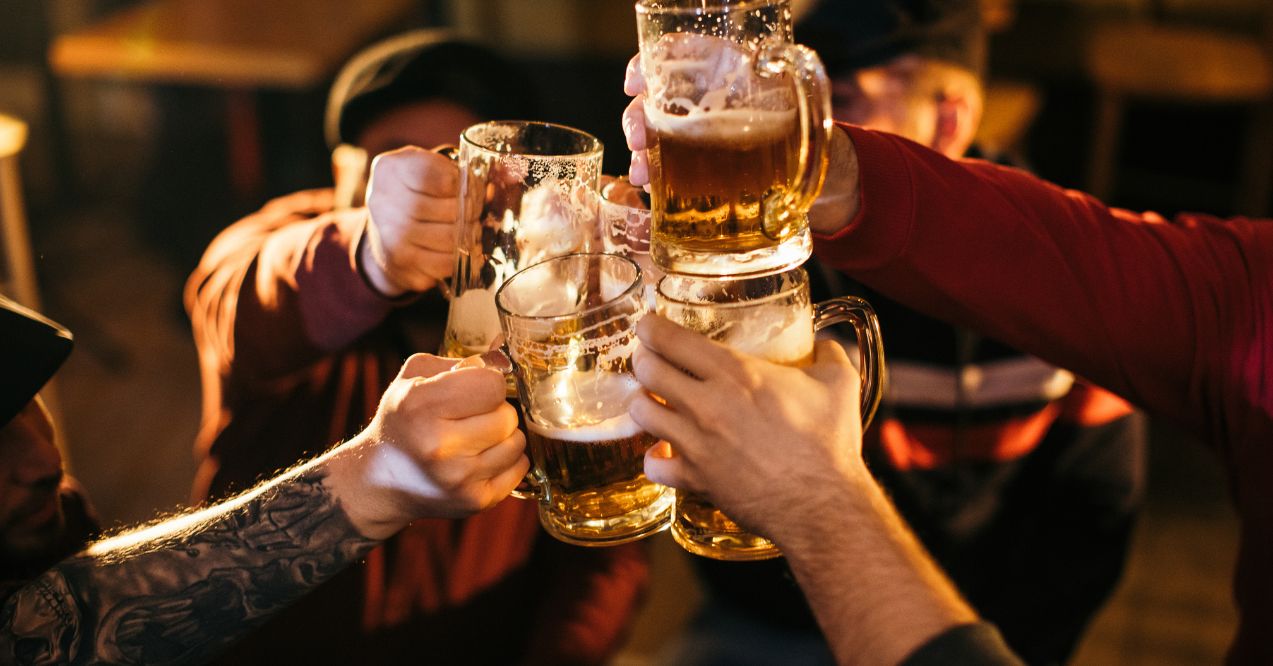
Cracking open a cold beer might seem like the perfect way to unwind, but if you’re prone to kidney stones, it’s a risk that may not be worth taking. Drinking beer with kidney stones may aggravate your condition due to beer’s high purine content.
Purines, found abundantly in many foods and drinks, break down into uric acid during digestion. An excessive intake of beer can ramp up uric acid levels in your urine. This spike in uric acid can lead to its crystallization in the kidneys, resulting in painful uric acid stones.
Additionally, if you’ve experienced painful kidneys after drinking alcohol, it’s likely due to alcohol’s diuretic effect, which exacerbates dehydration. This dehydration not only reduces your urine output but also increases the concentration of uric acid, further heightening your risk of developing stones.
2. Bloody Marys
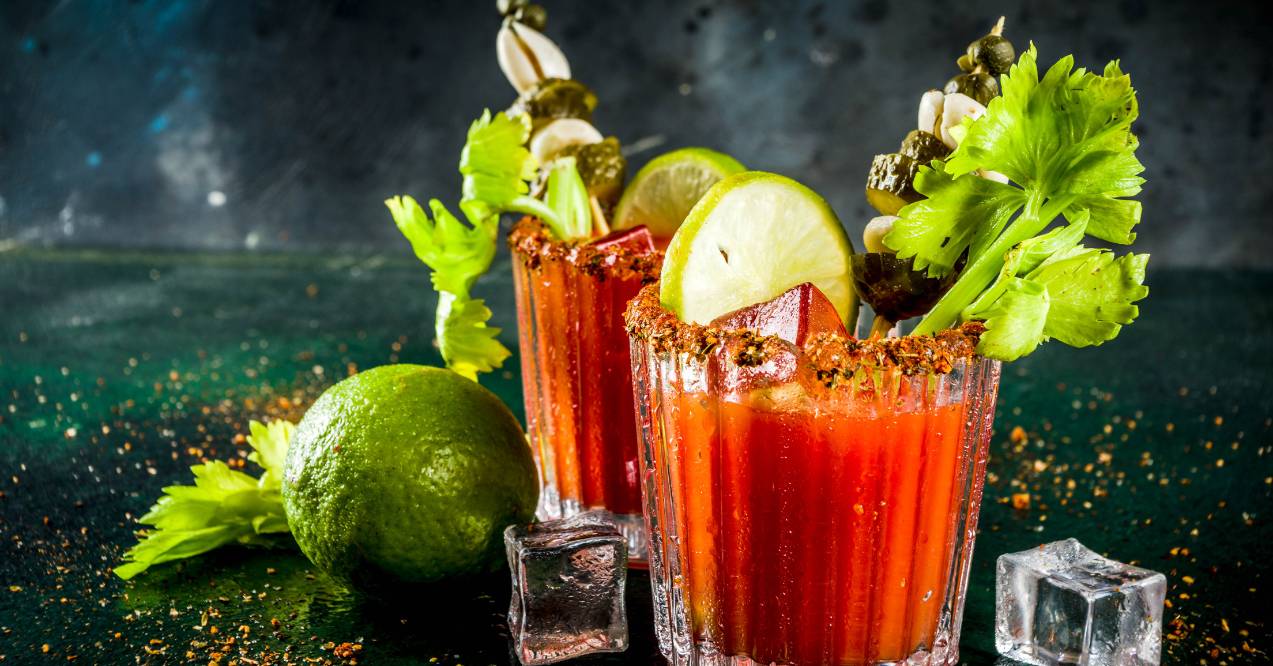
Sipping on a Bloody Mary might elevate your brunch experience, but could it also raise your risk for kidney stones? This popular cocktail, known for its tantalizing mix of flavors, comes with its own set of concerns for those at risk of kidney stones. The culprit? The high sodium content, predominantly from added salts and premade mixes.
So, does alcohol cause kidney stones after all? It’s important to note that while alcohol might not directly lead to stone formation, the components of certain alcoholic drinks like Bloody Marys certainly can. Sodium in these drinks increases the amount of calcium excreted in the urine, setting the stage for calcium oxalate or calcium phosphate stones.
If you often enjoy a Bloody Mary rimmed with extra salt or enhanced with high-sodium condiments like Worcestershire sauce and hot sauces, you might be significantly elevating your risk of these painful formations. Additionally, painful kidneys after drinking alcohol could be a signal that your favorite cocktails are impacting more than just your mood.
3. High Alcohol Content Drinks
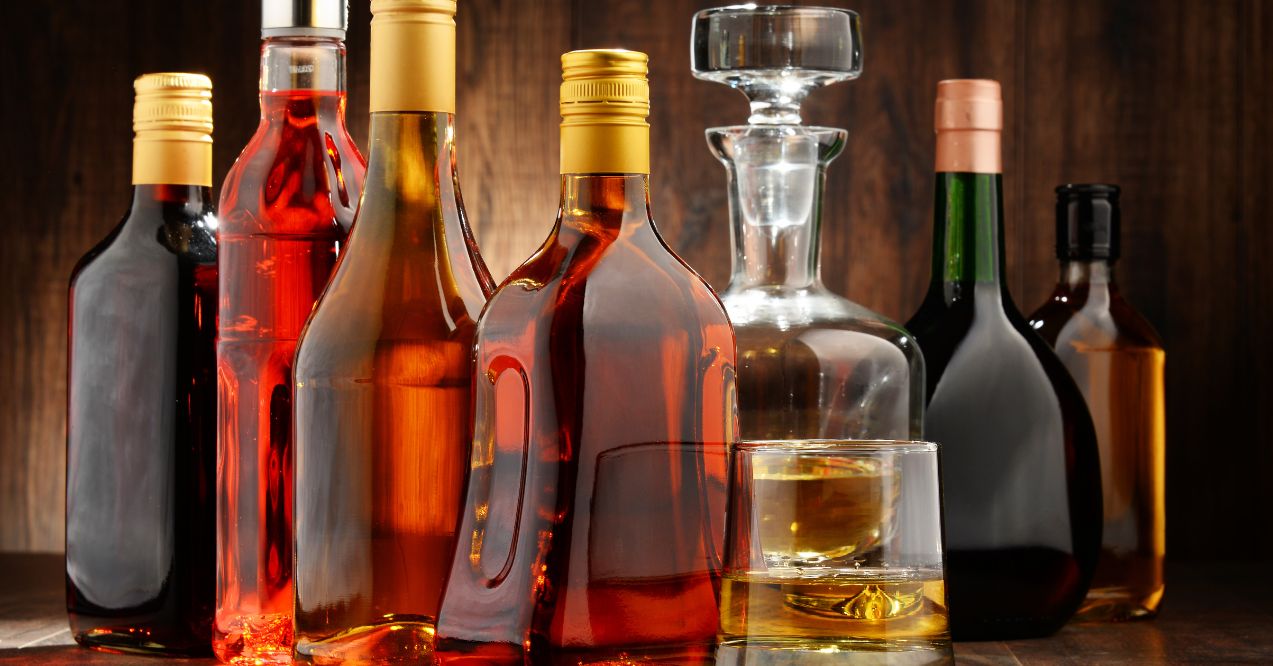
Navigating the risks of kidney stones can be tricky, especially when it comes to choosing your drinks wisely. Spirits and fortified wines, packing a punch with their high alcohol content, are sometimes regarded online as the worst alcohol for kidney stones. But is that true?
This group includes potent liquors such as whiskey, vodka, rum, and high-alcohol content wines like sherry and port. The key issue with these beverages is their diuretic effect, which might dehydrate your body faster.
In such a concentrated urinary environment, the likelihood of stone formation escalates significantly. Furthermore, this dehydration not only stresses the kidneys but may also impact the immune system, leaving it less equipped to fend off infections.
How Much Alcohol is Too Much?
Treading the fine line between enjoyment and excess can be challenging when it comes to alcohol consumption. Health authorities provide clear guidelines to help individuals make informed choices.
Here are the guidelines on drinking alcohol provided by health authorities:
Daily Limits
- Men – Up to 2 drinks per day
- Women – Up to 1 drink per day
Weekly Limits
- Men – No more than 14 drinks
- Women – No more than 7 drinks
Exceeding these limits is considered excessive and brings substantial risks. To clarify, “one drink” typically refers to:
- 12 ounces of beer (about 5% alcohol)
- 5 ounces of wine (approximately 12% alcohol)
- 1.5 ounces of distilled spirits (around 40% alcohol)
These measurements help ensure that each drink contains roughly the same amount of alcohol, about 14 grams of pure alcohol.
Can Kidneys Recover From Alcohol Damage?
Kidneys are resilient organs, but even they have their limits when it comes to recovering from alcohol damage. Fortunately, with the right measures, kidney health can often be restored, depending on the severity of the damage and the duration of alcohol abuse.
The first step towards recovery is assessing the extent of the damage, which can vary widely among individuals based on how long and how much they’ve been drinking.
If the damage isn’t too severe, kidneys can heal remarkably well. Key factors that influence recovery include:
- Moderation or Abstinence – Completely abstaining from or moderating alcohol consumption is crucial. This reduces the ongoing stress on the kidneys, allowing them to recover without further assault.
- Diet Modifications – Adopting a kidney-friendly diet that’s low in sodium, protein, and other kidney-stressors like oxalates can help reduce the workload on the kidneys, facilitating their repair.
- Hydration – Drinking plenty of water is essential. Proper hydration helps flush out toxins and supports overall kidney function, aiding in the recovery process.
- Supplementation – Incorporating supplements for kidney health like probiotics, antioxidants, or herbal remedies such as dandelion root and cranberry extract can aid in kidney repair by reducing inflammation and promoting overall kidney function.
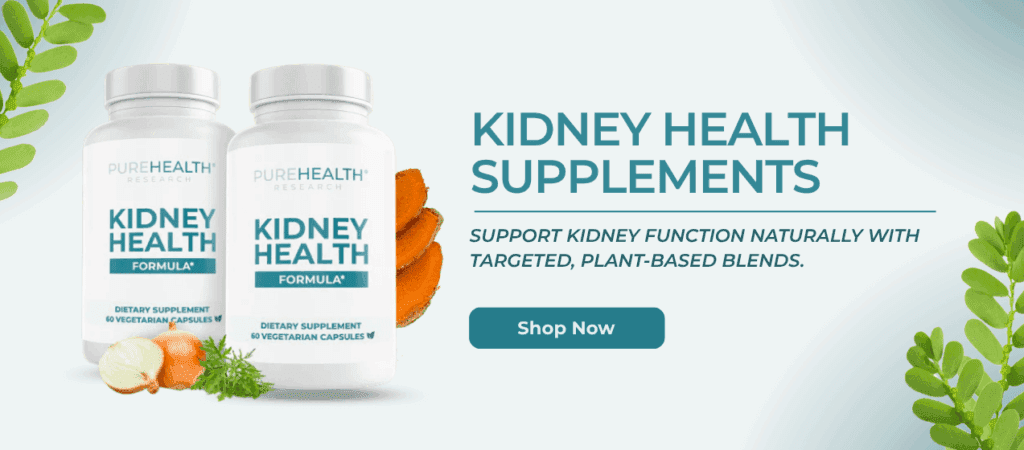
Conclusion
In conclusion, alcohol can significantly impact kidney health, particularly for those prone to kidney stones. Beer, due to its high purine content, can increase uric acid levels, while Bloody Marys, with their high sodium content, can contribute to calcium-based stones. High-alcohol-content drinks exacerbate dehydration, increasing the risk of stone formation. Managing alcohol intake and staying well-hydrated are crucial steps in preventing kidney stones and maintaining overall kidney health.
Staying well-hydrated with water facilitates stone breakdown and eases their passage. However, severe cases may require medication or medical procedures like shock wave lithotripsy for faster resolution.
When dealing with kidney stones, water is the best choice for hydration. Lemonade and orange juice are beneficial due to their high citric acid content, which helps prevent stone formation. Avoid high-sugar and high-sodium drinks, as these can exacerbate the condition.
Yes, walking around can help pass a kidney stone. Physical activity like walking helps move stones through the urinary tract by gravity and gentle physical force, potentially speeding up their passage and reducing the time it takes for the stone to exit the body.
No, beer is not good for kidney stones. While it can increase urine output, beer’s high purine content can lead to the formation of uric acid stones, exacerbating the problem. Moderate hydration and avoiding high-purine beverages are recommended for those prone to kidney stones.
Sign up for our Healthy Living newsletter!
Advertisement. This site offers health, wellness, fitness and nutritional information and is designed for educational purposes only. You should not rely on this information as a substitute for, nor does it replace, professional medical advice, diagnosis, or treatment. If you have any concerns or questions about your health, you should always consult with a physician or other health-care professional. Do not disregard, avoid or delay obtaining medical or health related advice from your health-care professional because of something you may have read on this site. The use of any information provided on this site is solely at your own risk.



